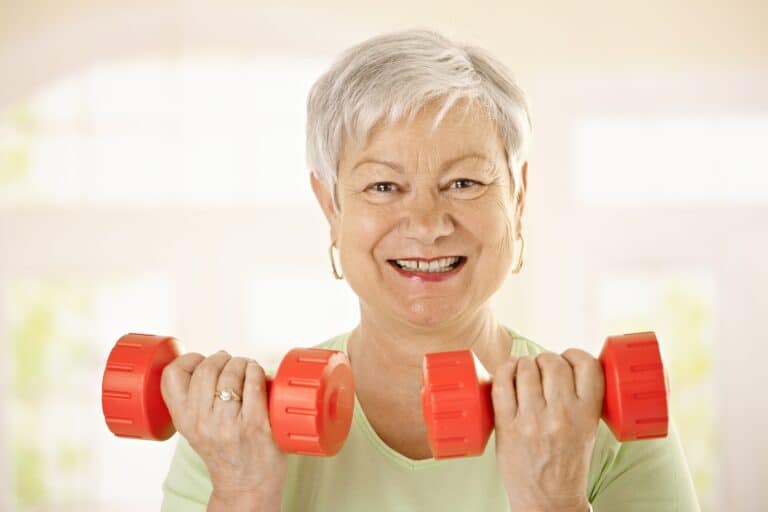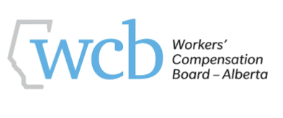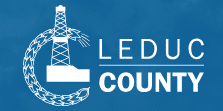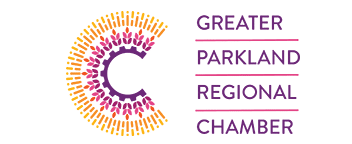“Well, the good news is you don’t need surgery. The bad news is, you’ll need a cast for the next six to eight weeks, depending on how well your bones heal. Unfortunately, your bones are very weak and brittle, so this may take longer than expected,” the Orthopedic Surgeon said solemnly. I’ve heard words like these many times throughout my career as an Orthopedic Technician. The fall months—and especially the impending snow—often bring an increase in broken bones from falls, particularly among seniors.
Hearing that you need a cast, or surgery is news no senior wants to receive. Statistically, however, it’s all too common: according to Osteoporosis Canada, “at least 1 in 3 women and 1 in 5 men will suffer from an osteoporotic fracture during their lifetime,” and over 80% of fractures in people over 50 are caused by osteoporosis. Unfortunately, many seniors, especially women, will experience a fracture.
While treatments like surgery, casts, braces, and splints are available, let’s focus on prevention. By being proactive about your bone health, you can reduce your risk of fractures and the painful, lengthy recovery that often follows. Here are some strategies to help improve bone strength and support overall health.
Firstly, what is Osteoporosis?
Osteoporosis is a condition that doesn’t discriminate between men and women. Due to factors such as age, hormonal changes, genetics, and mineral and vitamin deficiencies, bones become porous and thin. This weakened state of the bones increases the risk of fractures. The most common fractures associated with osteoporosis are in the hip, wrist, spine, and shoulder. While the exact cause of osteoporosis has yet to be identified, there are several steps you can take to strengthen your bones.
What can you do about it?
- Resistance Training:
Resistance training, or strength training, is vital for increasing your bone density and overall bone health. By working against a force, such as your own body weight or resistance bands, this exercise places stress on the bones, stimulating their formation and making them stronger. Regular training not only boosts bone density but also enhances muscle strength and balance, reducing the risk of falls and fractures, especially in older adults. Ensure you check with your physiotherapist to find the right exercises for you.
- Adequate Nutrition:
Your bones need a daily intake of Calcium and Vitamin D to maintain health. Depending on your age and gender, your family doctor can recommend an appropriate dosage. However, good sources of these nutrients can also be found in everyday foods. Dairy products like milk, cheese and yogurt, as well as leafy green vegetables, are high in Calcium. To receive adequate Vitamin D, we have a great excuse to spend time outside and soak up some sunshine (15-30 minutes per week is recommended). In foods, Vitamin D is found in fatty fish, fortified foods, and supplements if needed.
- Healthy Lifestyle Choices:
Avoid Smoking: Smoking is linked to lower bone density, so quitting can help improve bone health. Limit Alcohol Consumption: Excessive alcohol can interfere with calcium balance and bone formation. Limit intake to modest amounts. Ask your Family Physician what “modest amounts” means for you.
- Regular Health Check-ups:
Yearly exams, such as bone density testing, can reveal if you are at risk for osteoporosis. Postmenopausal women and older adults should have this test done annually. Your doctor can also monitor your hormone levels closely to identify any imbalances. If you have risk factors for osteoporosis or a family history of the disease, seeing your doctor regularly can improve your chances of catching a diagnosis early, ultimately enhancing your quality of life while living with osteoporosis.
Although the statistics reveal a significant risk of fractures among the elderly due to falls—often resulting in painful injuries and extended recovery times—seniors can take proactive steps to greatly reduce this risk. By embracing these strategies, you can not only enhance your bone health but also aim to stay out of the orthopedic clinic and avoid hearing the dreaded phrase, “Your brittle bones won’t break your fall.” With commitment to these measures, seniors can look forward to a healthier, more active lifestyle.
For more information about osteoporosis, visit our Facebook page!
If you or an ageing loved one are considering in-home care in Spruce Grove, please contact the caring staff at Serving Hands Senior Care today. Call (780) 963-1516
Premiere Home Health and Senior Home Care services in Spruce Grove, Stony Plain, Devon, St. Albert, Edmonton, Onoway, Leduc, Parkland County and surrounding communities since 2016.
- Seeing Clearly: Glaucoma Awareness for Seniors - March 10, 2025
- The Sounds of Life: Hearing Aid Care for Seniors - March 3, 2025
- Save a Life Today!! ❤️ - February 18, 2025








